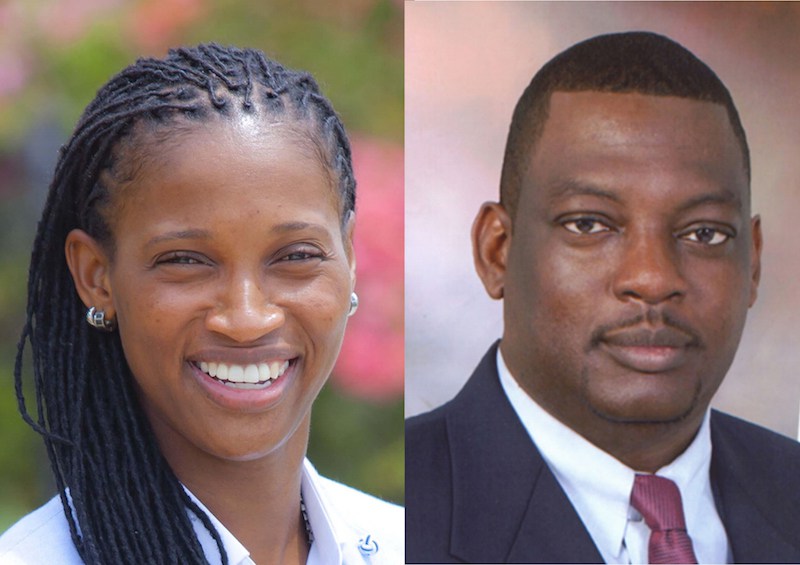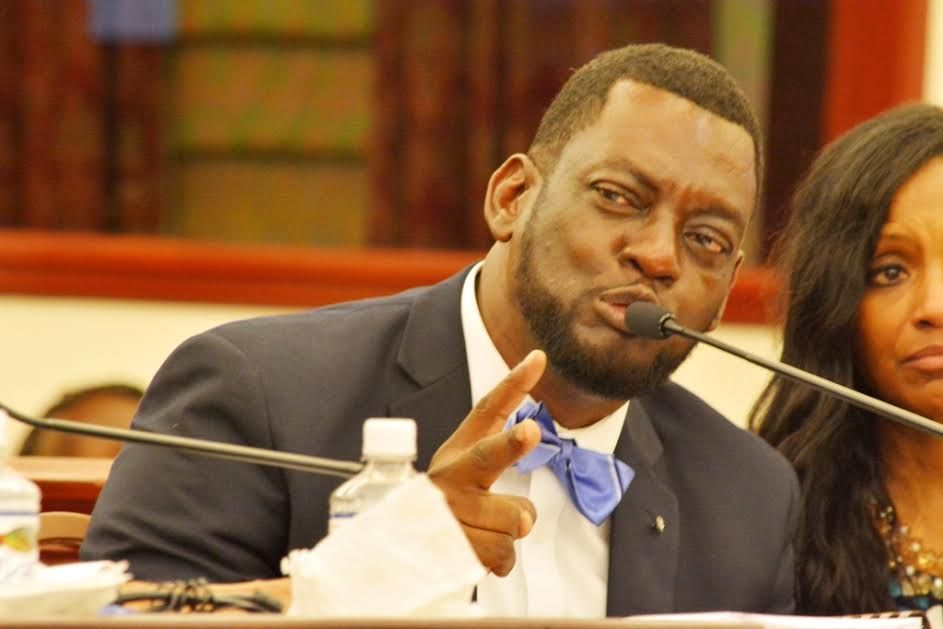MEMPHIS MAFIA: According to a bankruptcy case Kevin Rodriguez was involved in, he stated in court documents that he was a resident of Tennessee. According to the Revised Organic Act, candidates for the Legislature must live in the territory for three years prior to being elected.
CHARLOTTE AMALIE — Kevin Rodriquez’s bid to join the 32nd Legislature might be finally over.
U.S. District Court Judge Curtis Gomez has ruled against him in his ongoing lawsuit to retake the seat in the 32nd Legislature that won and eventually disqualified from.
In an opinion filed Thursday with the court, Gomez ruled in favor of the defendants, but found that Rodriquez does not have the right to be seated as a Senator.
The ruling comes after Gomez last heard arguments in the lawsuit against the 32nd Legislature brought by the Democratic Party of the Virgin Islands, Glen Smith, Edgar Phillips, Tito Morales, and Rodriquez on July 19.
In June, the Third Circuit last week dismissed the case challenging Rodriguez’s qualifications for the Virgin Islands Legislature. The ruling means that the elected candidate cannot be seated.
The case came about when Rodriguez was elected to serve in the Virgin Islands Legislature.
After the election, but before the swearing-in, a rival candidate, Janelle Sarauw, challenged Rodriguez’s qualifications to serve, based on Rodriguez’s prior representation in a bankruptcy case that he lived in Tennessee.
(The Revised Organic Act requires that a person serving in the V.I. Legislature reside in the territory for at least three years preceding the date of his or her election.)
Sarauw sued in the Virgin Islands courts and sought an injunction compelling the Board of Elections to de-certify Rodriguez as a qualified candidate, thus preventing him from taking a seat in the 32nd Legislature.
(The Board, an independently elected body outside the legislature and judiciary, has authority under the Revised Organic Act to determine qualifications of candidates before swearing in.)
While that case was moving up and down Virgin Islands courts, the 32nd Legislature was sworn in (without Rodriguez, because the courts were still working out how to deal with his qualification).
Rodriguez then removed the case to federal court (remember, this is all federal law, including the Revised Organic Act, because of the VI’s status in relation to the US), asking for an injunction directing the 32nd Legislature to seat him.
The Third Circuit tossed the case. The court ruled that the courts lacked authority to rule a candidate qualified after the swearing in, because the Act says that the Legislature shall have the sole power to determine the qualifications of its members. In other words, the issue was textually committed to a coordinate branch of government–a political question.
(The court ruled that the Revised Organic Act contains separation-of-powers principles, which form the basis of the political question doctrine.) The court noted that separation-of-powers and the Act would not prohibit the courts from ruling on a candidate’s qualifications before swearing in, when the Board has authority to make such a determination, because the separation of powers don’t apply to the Board, “a popularly elected and independent entity” that’s not a part of the legislative or judicial branches. But Rodriguez only removed his case after the swearing-in, so his case was always a political question.
The court also ruled that the portion of the case brought by Sarauw, the “removed case,” was moot, because the legislature had already been sworn in.
Along the way, the governor ordered a special election, and Sarauw won.
Attorneys in a lawsuit challenging the residency of Senator-elect Kevin Rodriquez delivered written closing arguments in December.
Rodriquez was elected to the Senate in the Nov. 8 General Election, the results of which have been certified.


